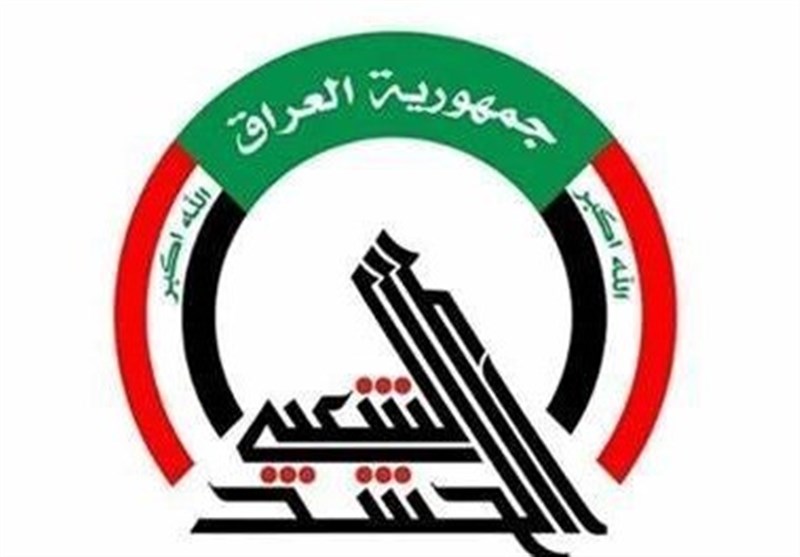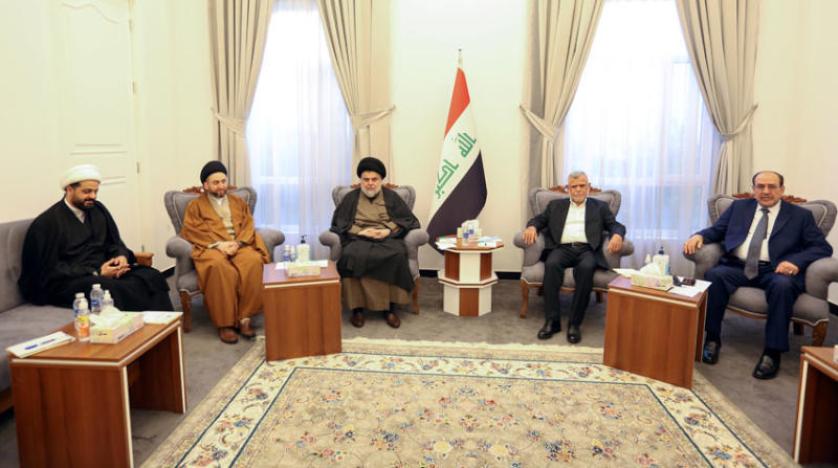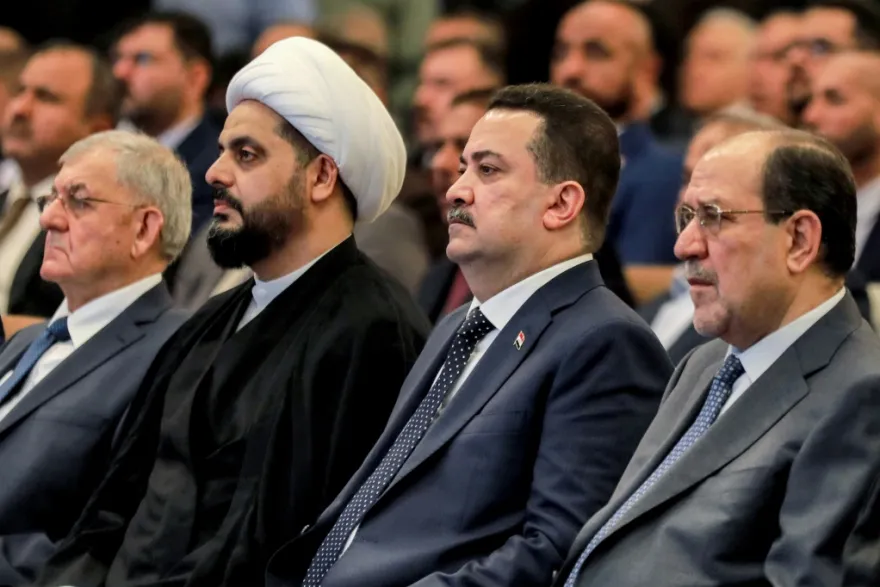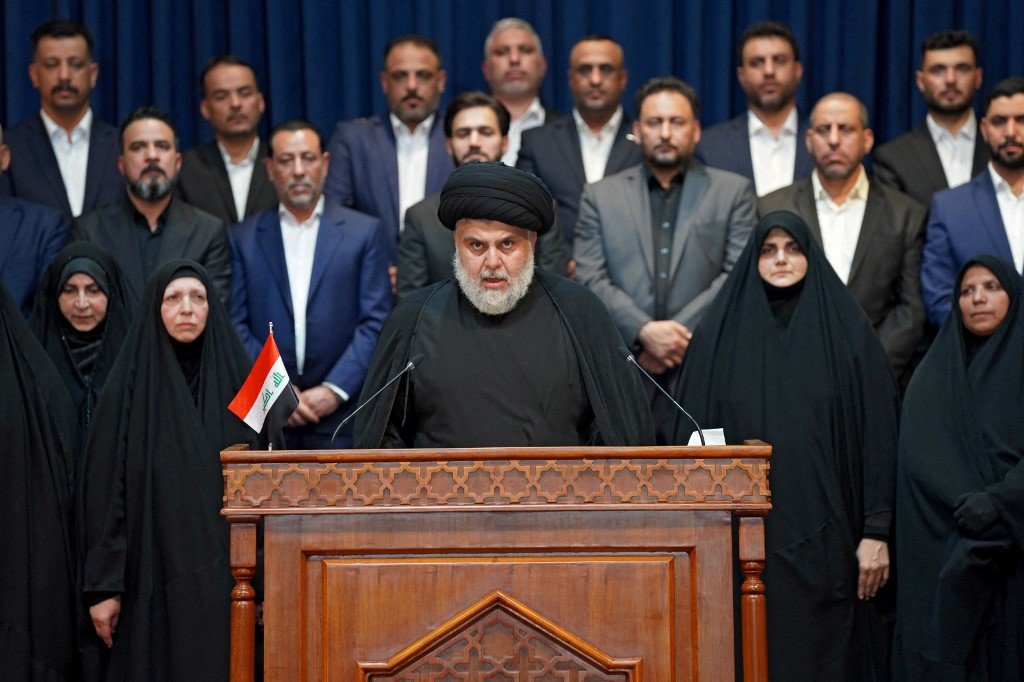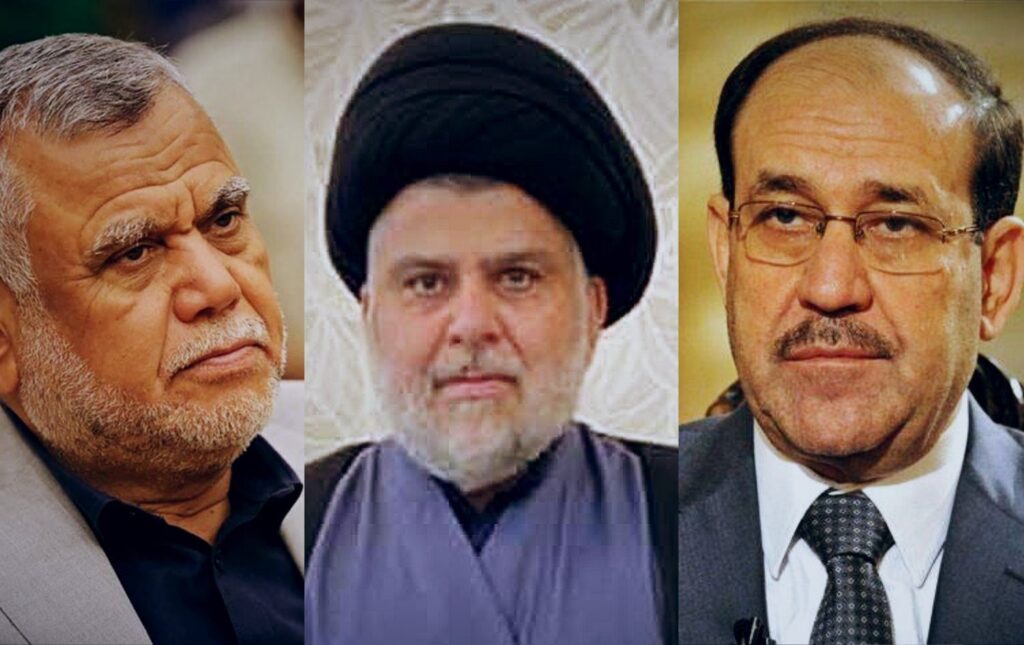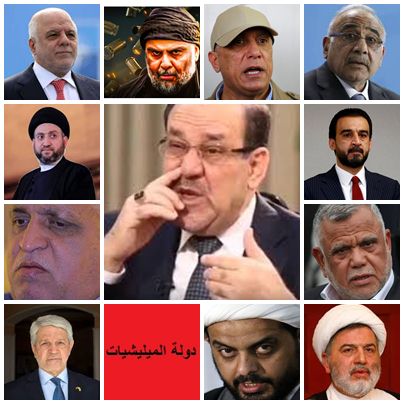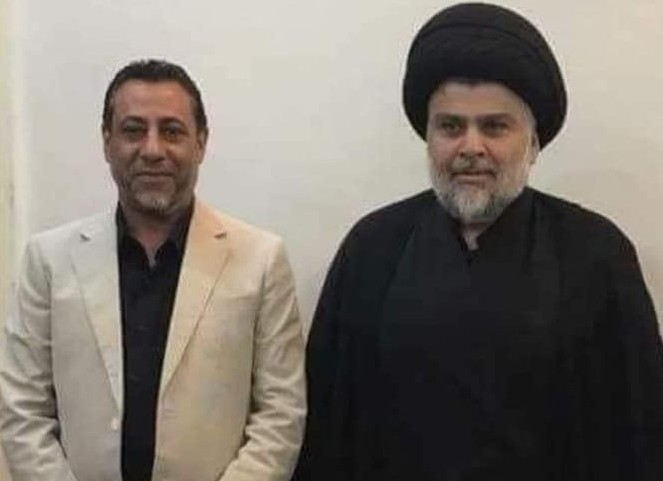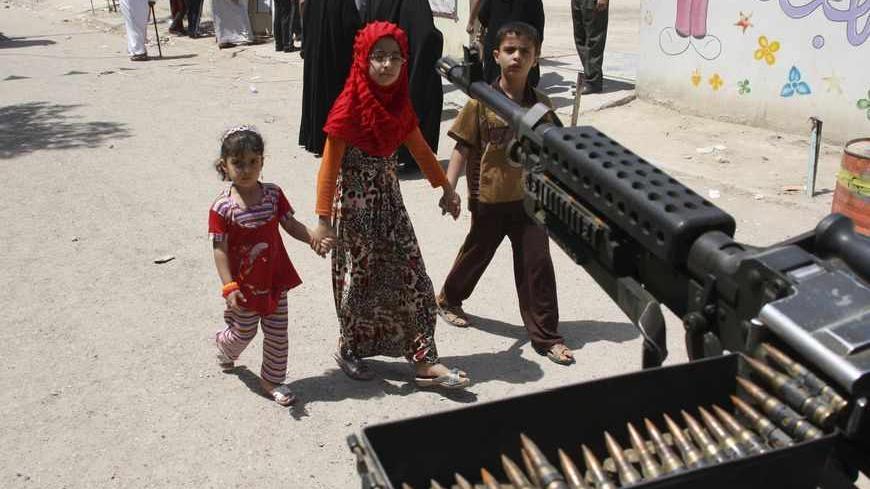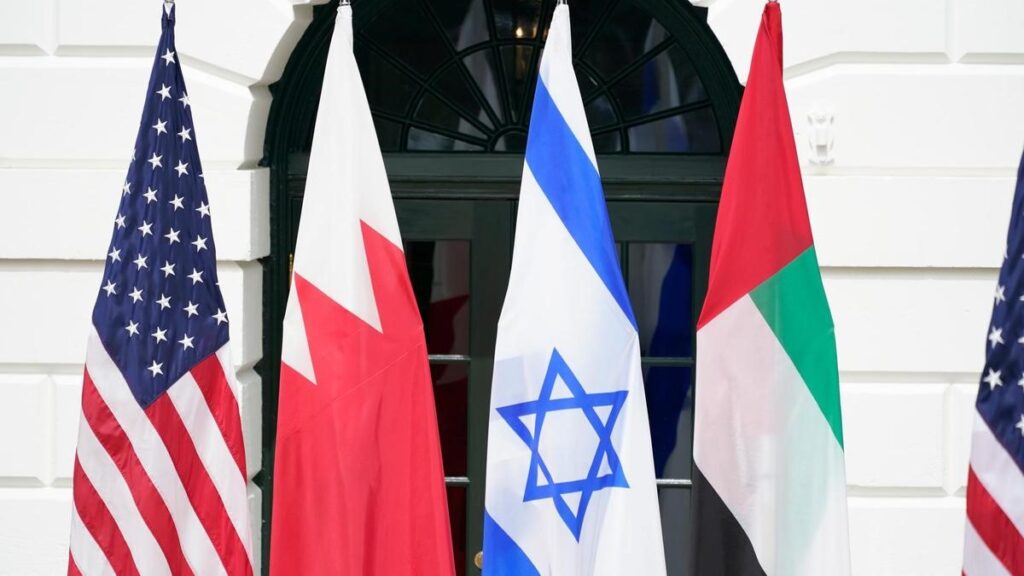the Popular Mobilization Forces
The emergence of the Islamic State in Iraq and the Levant foreshadowed the rise of another non-state armed group that has become deeply involved in Iraq’s political and economic landscape. Following the approval of the fatwa by the Iranian Najaf religious authority, the Iraqi government called for militia mobilization as it struggled to combat ISIS …
